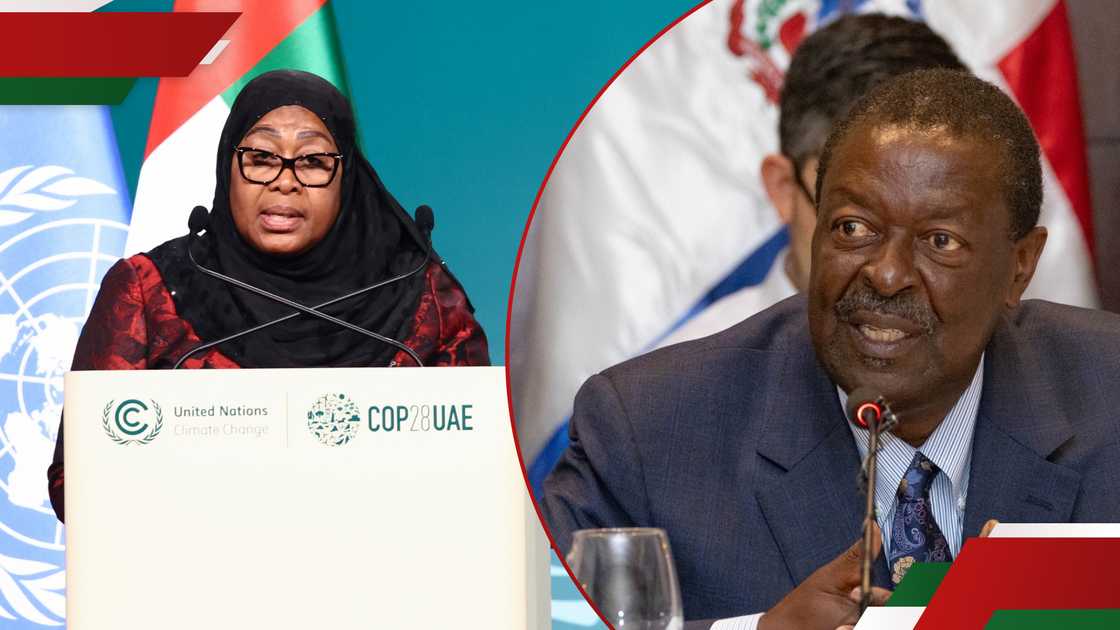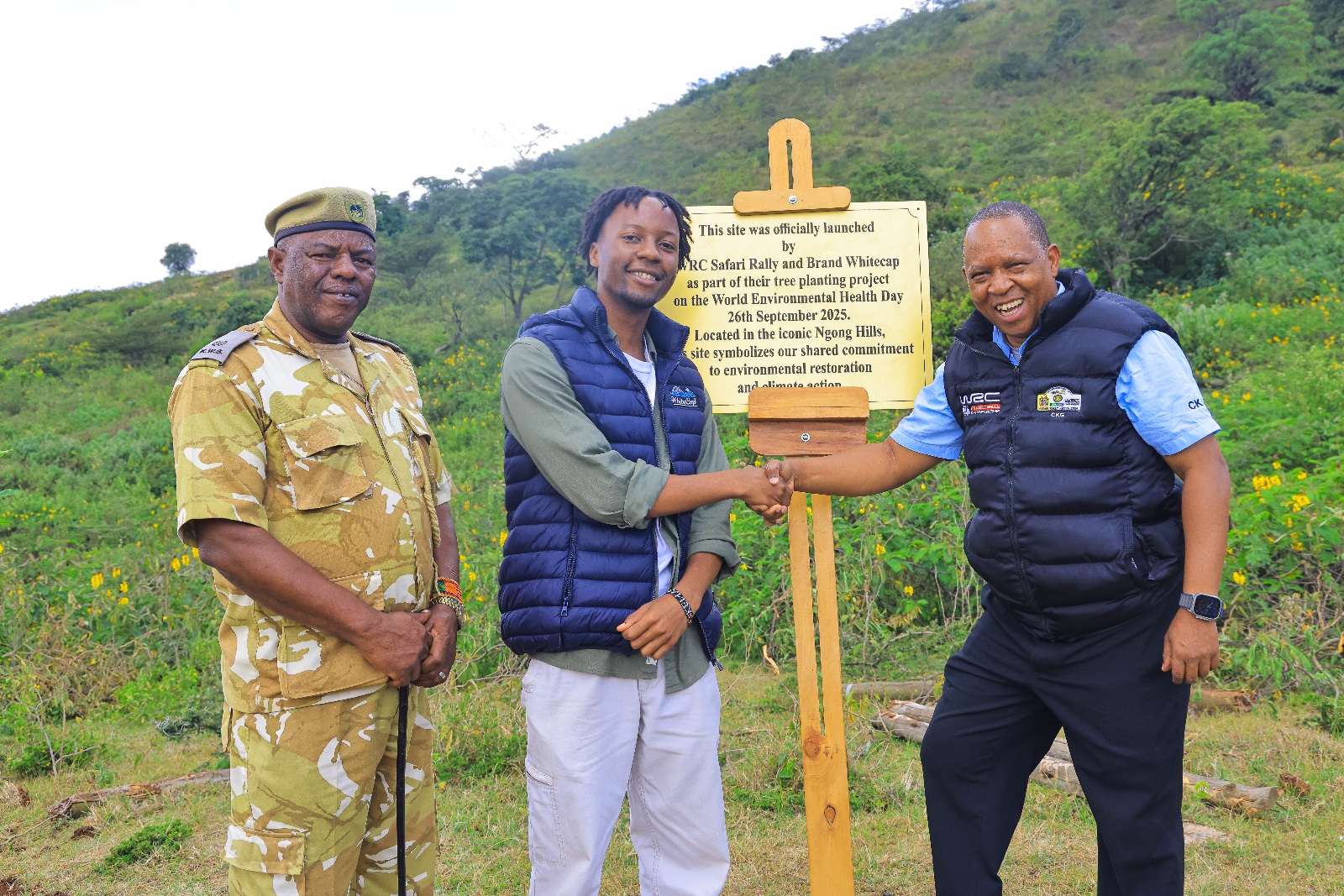Kenya’s political landscape has been significantly shaped by a generation of influential leaders who played pivotal roles in the country’s journey to independence and beyond.
These ‘political fathers’ not only laid the foundation for modern-day Kenya but also influenced the current crop of leaders who continue to steer the nation.
Here, we explore some of these foundational figures and their lasting impact on Kenya’s contemporary leadership.
Jomo Kenyatta: Founding Father

Often regarded as the ‘Father of the Nation,’ Jomo Kenyatta’s leadership during the struggle for independence and his presidency from 1964 to 1978 set the tone for Kenya’s political and economic policies. Kenyatta’s emphasis on national unity and economic development laid the groundwork for future leaders.
His legacy continued through his son, Uhuru Kenyatta, who served as president from 2013 to 2022. The elder Kenyatta’s policies of economic liberalization and infrastructure development were echoed in his son’s ‘Big Four Agenda,’ which focused on manufacturing, universal healthcare, affordable housing, and food security.
Daniel Moi: Long-Serving President

Daniel Moi, who succeeded Jomo Kenyatta, served as president from 1978 to 2002. His tenure was marked by significant political and economic challenges, including the introduction of multiparty politics in the early 1990s.
Moi’s long rule was characterized by a strong central government, which influenced the governance style of subsequent leaders.
Current leaders who served under Moi, such as President William Ruto, were shaped by his administrative style and political strategies.
Jaramogi Oginga Odinga: Opposition Leader

Jaramogi Oginga Odinga, Kenya’s first vice president and a prominent opposition leader, played a crucial role in advocating social justice and political reforms.
His legacy of challenging the status quo and pushing for democratic governance has been carried forward by his son, Raila Odinga. Raila has been a key figure in Kenyan politics, serving as Prime Minister and running for president multiple times.
His efforts in promoting devolution and championing constitutional reforms reflect his father’s influence and vision for a more equitable Kenya.
Tom Mboya: Visionary Planner
Tom Mboya, a brilliant trade unionist and politician, was instrumental in Kenya’s early development planning. His vision for an educated and skilled workforce led to the creation of numerous educational opportunities, including the famous ‘Airlift Africa’ programme that sent young Kenyans to study in the United States.

Mboya’s emphasis on education and human resource development remains a cornerstone of Kenyan policy, influencing current leaders who prioritize education as a key driver of national development.
Kenneth Matiba: Multiparty Champion
Kenneth Matiba was a crucial figure in the fight for multiparty democracy in Kenya. His political activism and leadership in the 1990s helped dismantle the one-party state and usher in an era of political pluralism.
Matiba’s struggle for democratic freedoms resonates with today’s leaders who continue to advocate for political reforms and democratic governance.
The Legacy Continues
The influence of Kenya’s political fathers is evident in the policies and leadership styles of contemporary Kenyan leaders.
Their emphasis on national unity, economic development, education, and democratic governance left an indelible mark on the country’s political landscape. Current leaders often draw upon the legacies of these foundational figures to navigate the complex challenges facing Kenya today.
Kenya’s political fathers have had a profound impact on shaping the nation’s trajectory. Their contributions to independence, governance, and development continue to influence the current leadership.
As Kenya progresses, the lessons and legacies of these pioneering leaders remain a guiding force, ensuring that their vision for a prosperous and united Kenya endures.
Conclusion
The foundational figures of Kenya’s political history set a precedent for leadership that continues to resonate in the country’s contemporary governance.
Their vision and policies laid the groundwork for a stable and developing nation, influencing successive generations of leaders. As Kenya faces new challenges, the enduring legacies of Jomo Kenyatta, Daniel Moi, Jaramogi Oginga Odinga, Tom Mboya, and Kenneth Matiba provide a compass for navigating the future.



